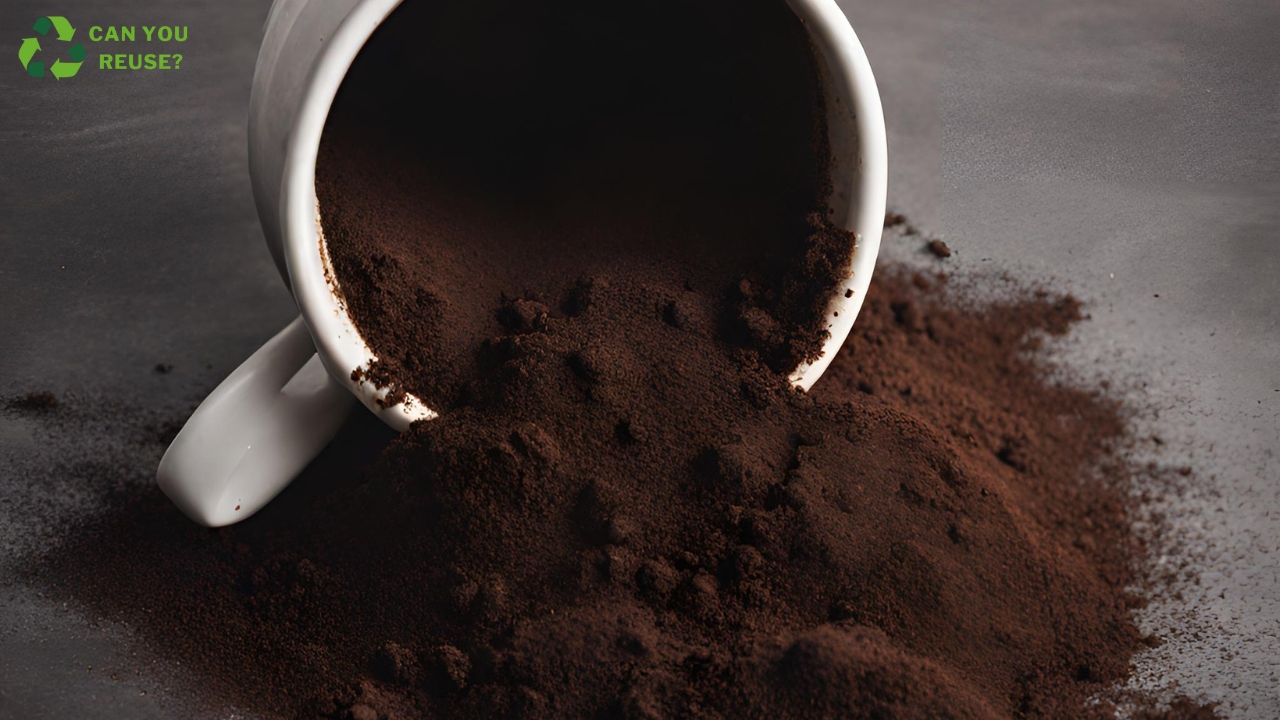Yes, you can reuse coffee grounds! In fact, there are numerous creative and practical ways to repurpose them. From gardening to beauty treatments, and even in cooking, used coffee grounds can be a valuable resource. Let’s explore some of the most popular uses.

Coffee Grounds in Your Garden
Used coffee grounds can be a boon for your garden. They are rich in nitrogen, chromium, calcium, potassium, phosphorus, iron, and magnesium, all essential minerals for plant growth. You can use them as a natural fertilizer by sprinkling them thinly onto your soil or adding them to your compost heap.Moreover, you can make a coffee ground “tea” as a liquid fertilizer for your plants. Just add 2 cups of used coffee grounds to a 5-gallon bucket of water and let it steep for a few hours or overnight.
Coffee Grounds for Beauty Treatments
Coffee grounds can also be repurposed in your beauty routine. They make a fantastic facial exfoliant, gently scrubbing off dead skin cells to reveal fresh, healthy-looking skin. The caffeine in coffee grounds may help combat cellulite, under-eye circles, and other signs of aging skin.You can even use coffee grounds for your hair. Mixing them with your conditioner and gently scrubbing your scalp can stimulate new hair growth. Plus, soaking hair in coffee or scrubbing it with grounds can deepen light brown or dark blonde hair, add highlights to darker brunette hair, and give all hair colors incredible shine.
Coffee Grounds in Cooking
Believe it or not, you can also use coffee grounds in your cooking. They can be used as a marinade for meats, adding a unique depth of flavor. Some innovative recipes even incorporate coffee grounds as a rub for tofu, jackfruit, or other meat substitutes.
Other Uses for Coffee Grounds
Coffee grounds have many other practical uses around the home. Their abrasiveness makes them a great cleaning scrub. They can also be used to deodorize a stinky garbage disposal.In summary, there are many great ways to reuse coffee grounds. So, next time you brew yourself a cup of coffee, consider repurposing the grounds using one of these ideas.
FAQs
Q1.Can coffee grounds be harmful?
A.While coffee grounds have many beneficial uses, they should be used with care. Consuming small amounts on occasion is fine for most people, but they may be problematic if consumed in excess.
Q2.How long do coffee grounds last?
How long coffee grounds last depends on how you store them. If you want to keep them fresh for longer, aim to keep them in a sealed, airtight container.
Q3.Can coffee grounds be used as pest repellent?
Yes, a variety of bugs don’t like the intense acids and aromas of coffee grounds, even when they’ve been used to brew. You can use this to your advantage by spreading a 1-2 inch thick line around vulnerable areas of your home.
Q4.Can coffee grounds be used in compost?
Yes, adding coffee grounds and used paper coffee filters to your compost increases nitrogen, a composting material that aids growth. Coffee grounds also contain nutrients like phosphorus, potassium, magnesium, and calcium.
Q5.Can coffee grounds be used as mulch?
Yes, many gardeners like to use used coffee grounds as a mulch for their plants. However, coffee grounds consist of very fine particles that are prone to locking together, so they should be used sparingly and mixed with other materials to ensure good soil aeration.


Leave a Reply